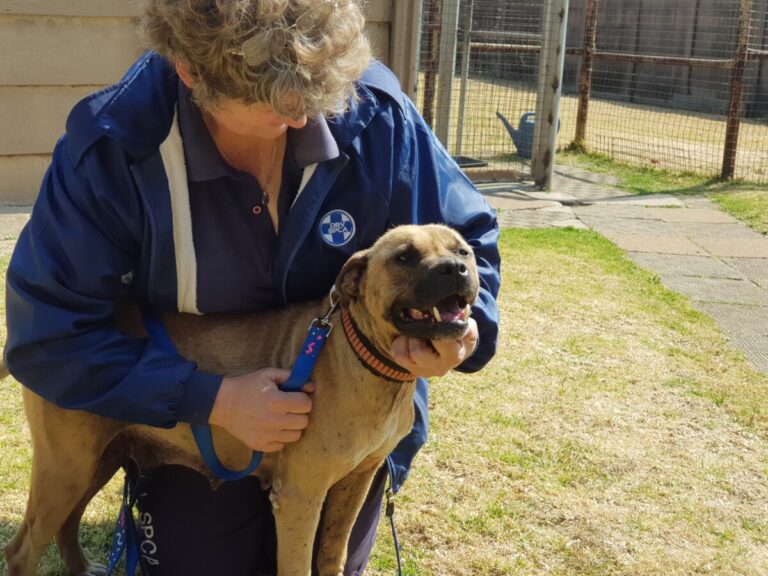Funding available through two Dogs Trust grants programmes

Deadlines for two grants programmes are approaching: Dogs Trust Worldwide’s International Grants Programme, and Dogs Trust’s Canine Welfare Grant Programme.
Applications for Dogs Trust Worldwide‘s International Grants Programme have a deadline of 10 May.
Dogs Trust Worldwide is currently supporting 41 groups whose work includes: catch, neuter, vaccinate, and return projects for street dogs; educating children to be safe around dogs; carrying out rabies vaccination campaigns; and providing subsidised vet treatment to low-income groups, in countries including Russia, Bali, Ecuador, Bangladesh, Sri Lanka and Australia. One charity it has supported since 2018 is the NSPCA, recently approving a further grant for its work in South Africa.
Advertisement
Dogs Trust Worldwide will support well-governed work taking place outside of the UK and Ireland, and well-planned projects that have the potential to make a strong impact. The charity will take applications for projects that other organisations can learn from, and that contribute towards encouraging responsible dog ownership or humane management of dog populations. All projects must be sustainable and make a measurable difference.
Karen Reed from Dogs Trust Worldwide said:
“Dogs Trust Worldwide was set up in 2016 so we could continue the work of Dogs Trust overseas. A big part of what we do is our International Grants Programme, through which we support in-country partners to help improve dog welfare across the world.
“The NSPCA’s Special Investigations Unit focuses on investigating underground dog fighting and has undertaken the highest number of successful dog fight raids in the country. They have been seeing a wave of nationwide demand for their skills, from veterinary clinics, animal welfare organisations and the public.
“Dogs Trust Worldwide has been a supporter of the NSPCA since 2018 and is committed to helping them bring an end to cruel dog fighting across South Africa. Our support is increasing their capacity and ability to react to intelligence immediately, which is having a direct impact on the number of dogs they rescue, along with arrests and the prosecution of perpetrators.
“Alongside their own cases, the guidance and assistance the NSPCA are providing to other organisations in identifying dog fighting activities and maturing cases is also seeing results.”
In the UK, Dogs Trust is calling for preliminary applications from researchers seeking funding for projects which positively impact dog welfare. The deadline for applications through its Canine Welfare Grants (CWG) Programme is 12 May.
Paula Boyden, Dogs Trust Veterinary Director, said:
“Applications for projects can cover an enormous range of subjects that help improve our understanding of dog welfare. In the past, we have seen research that has looked into the health risks of breeding dogs with short muzzles and another led to the discovery of a genetic variant that predisposes some dogs to the condition Syringomyelia.
“The applications we receive will go through a rigorous two stage assessment process. We accept projects with timeframes of between approximately one and three years, depending on the subject area.”
Applicants should be focusing on one of the following areas:
· The genetic basis of disease or reduced welfare in dogs
· Healthy ageing in dogs
· Epidemiology of disease
· The welfare of dogs suffering from chronic disease
Dogs Trust does not support any studies that require a Home Office licence for the use of animals in scientific research.
Further information is available online and anyone interested in applying for funding should email cw*@***********rg.uk.




